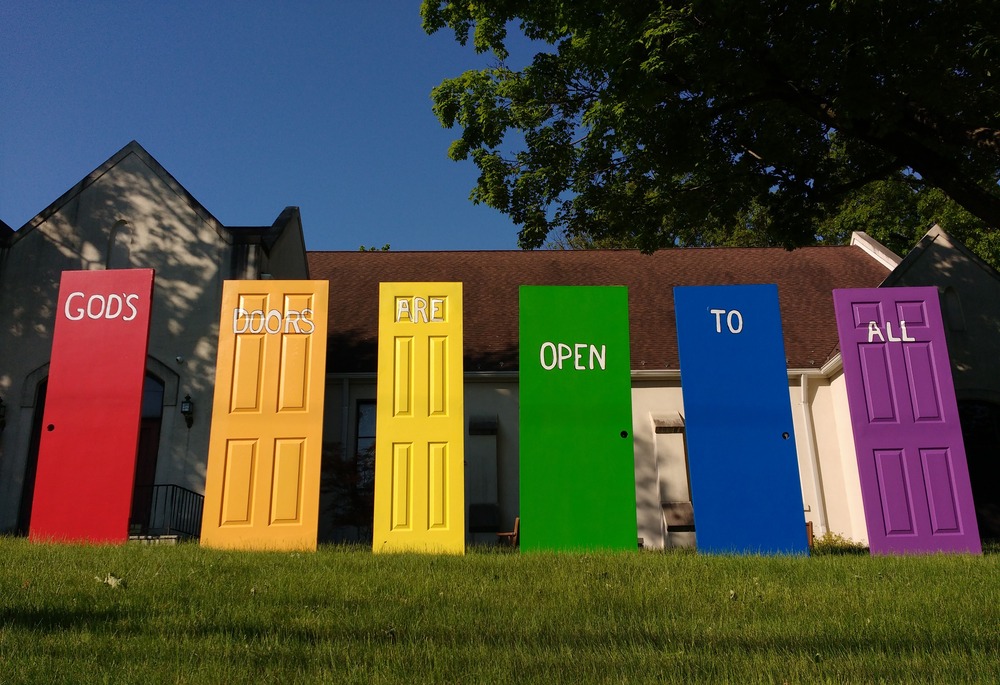Earlier this year, the United Methodist Church (UMC) experienced a substantial membership decline, losing over one million members in a single day. This dramatic exodus was triggered by a vote from a significant West African conference to withdraw from the UMC, primarily due to the church’s acceptance of LGBT clergy and marriages. The African EMUCI stated that the church “deviates from the Holy Scriptures” and has chosen to “sacrifice its honor and integrity to honor the LGBTQ community.”
This decision from EMCUI was a direct response to the May vote by the U.S.-based UMC, which lifted a longstanding ban on LGBT clergy and marriages, resulting in a global wave of congregational departures. The contentious measure passed by a vote of 692-51 during the general conference held in Charlotte, North Carolina. Additionally, the Korean Methodist Church is contemplating a similar exit.
The Korean Church, with around 1.5 million members, declared, “Homosexuality cannot be accepted until the Lord returns. This is not an emotional issue but a matter of unchangeable truth. Homosexuality is clearly a sin.” They further stressed, “This issue concerns the sanctity of life that the church must teach correctly, without compromise.”
The significant drop in membership has created financial difficulties for the United Methodist Church. The organization is grappling with budget constraints as thousands leave in response to progressive changes. To mitigate these challenges, bishops reached an agreement on December 11 for a spending plan that did not include pay raises. The number of active bishops has decreased from 39 to 32, with many now overseeing multiple conferences. However, a one-time bonus for office staff was approved by the board.
Moreover, the board authorized a one-time grant of $20,000 for each of the 15 U.S. episcopal areas that were forced to consolidate, totaling $300,000. These funds are designated to support staff members who may face layoffs during this transition, with allocations directed to their respective organizations rather than individual bishops.
Rev. Moses Kumar, the leading executive of the General Council on Finance and Administration, addressed the board, stating, “Let us ensure that our mission drives our financial decisions.” He commended the board for their commitment and the extensive time they dedicated to reviewing the spending proposals. He concluded, “May our united efforts bear fruit as we enter this new quadrennium with optimism and determination.”
This year’s budget has presented significant challenges. Approximately 25% of U.S. churches have disaffiliated, leading to an unprecedented low budget forecast. The total budget for 2025 is projected to be between $353.6 million and $373.4 million, which represents a 40% reduction compared to the budget approved by the General Conference in 2016.
A particularly challenging aspect of this process for the United Methodist Church has been the need for staff reductions. “When we discuss the office allowance, I want to stress that we are referring to individuals,” Rev. Sheila Ahler noted during the finance agency board meeting. “In any merger, there is inevitably a decrease in staff, which is difficult,” she acknowledged. “This is especially hard when it concerns the bishops’ staff, who have often been with the bishop for many years.”
